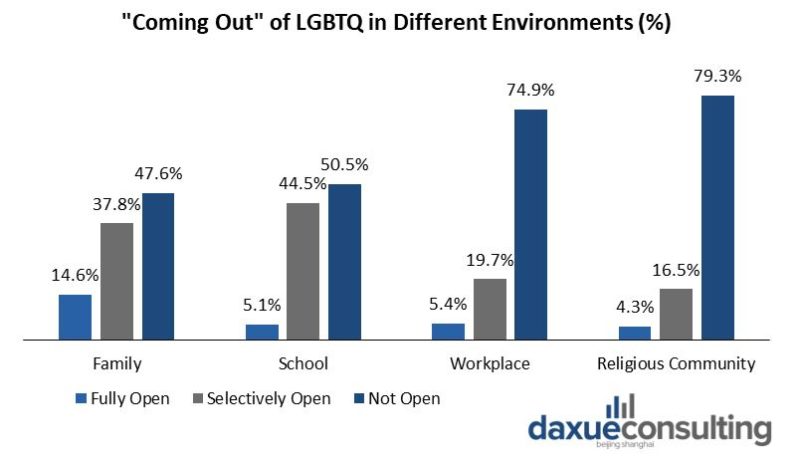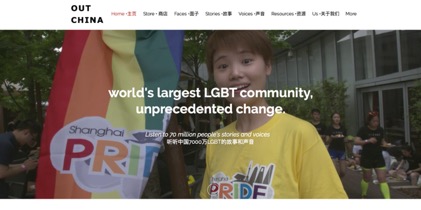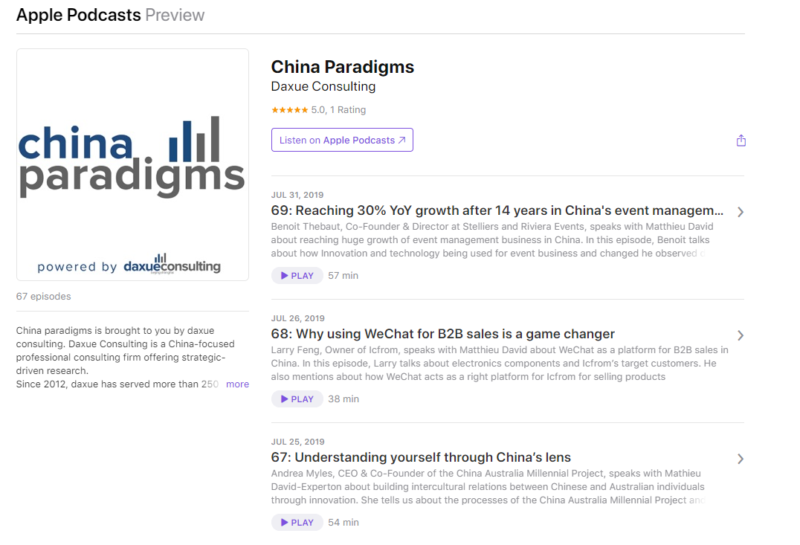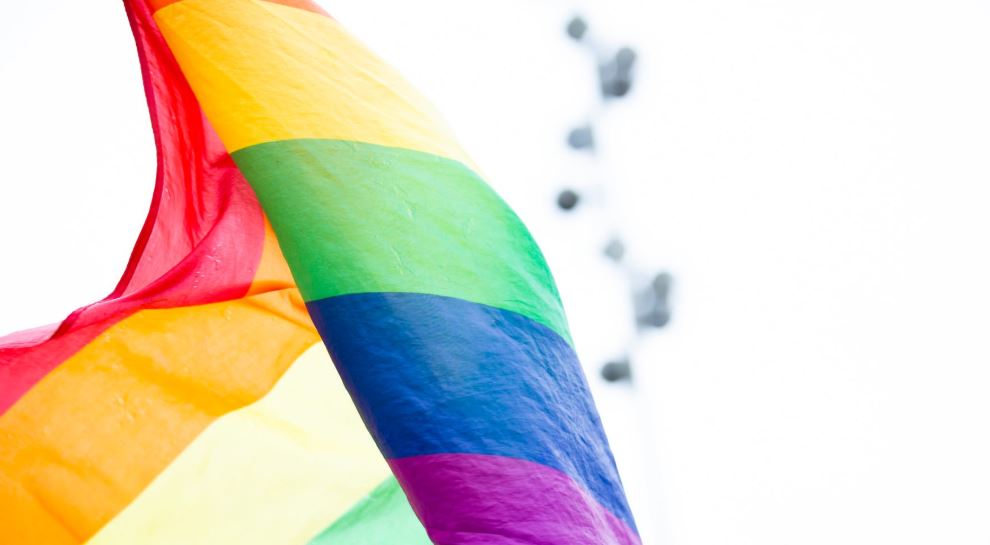The LGBT Market in China | A rising pink economy
The Lesbian, gay, bisexual, and transgender (LGBT) community in China has been getting their voices heard since the 1980’s. This is resulting from engaging dialogue about the queer identity in the public domain. However, in 2020, the LGBT culture in China still stays largely underground. Despite being underground, there has been significant progress over the past few years. Here is an insight into the LGBT market in China.
The Scale of the LGBT Market in China
China is considered more conservative than most western countries when a relationship is concerned. Hence, LGBTQ members are more accepted western countries, and more overtly included in commercial campaigns. For instance, the UK’s top menswear shop, Moss Bros. captured headlines in 2014 when they launched the campaign named ‘Mister and Mister’, a launching time that coincides with the UK’s same-sex marriage law.
In contrast, LGBT community in China remains underground. According to the United Nations Development Program (UNDP) survey conducted in 2015, only 5% of them disclosed their sexual orientation, gender identity, or gender expression outside of their families; and less than 15% dare to tell their families. Indeed, the LGBTs in China have a large number of locations dedicated to their communities. However, although being a significant part of China’s pink economy, people only get access to these places (such as unadvertised gay bars, restaurants, and bars) through word of mouth.

[Source: UNDP Survey, ‘Where do LGBT come out in China’]
Commercial featuring LGBTQ couple
On the other hand, China has shown signs of opening up. In Jan. 2020, Tmall, the e-commerce platform owned by Chinese tech giant Alibaba, has released a Chinese New Year-themed commercial featuring a gay Chinese couple. The commercial advertises Tmall’s special promotions for the upcoming Chinese New Year, an occasion where young people bring their partners home to meet their family members. Instead of taking a conventional approach of describing a heterosexual couple, that 23-second ad puts two young men in a homosexual relationship at the center.

[Source: Youtube, A Screenshot of Alibaba’s Chinese New Year commercial]
Pink advertising in China
LGBT in advertising is surprisingly not uncommon in China. However, is predominantly led by domestic companies and slips under the radar of international media. The Chinese government does not have an official report of the LGBT population in mainland China. But based on the number of users in LGBT platforms such as blued (40 million users in 2019) and gay voice (1.9 million followers in 2020), it has been estimated that 3-5 % of the population is openly LGBT. In other words, the LGBT market in China is reaching about 60 to 70 million people. This estimate would make China the biggest LGBT market in the world in terms of numbers, if not in value – Indeed, it estimated in 2014 that the value of LGBT market in China is at least at USD $470 billion, and probably more. No wonder some brands and companies see the LGBT Market in China as one of the biggest potential ones.
What is unique about the LGBT Market in China
LGBT people in China are groups that have been mostly absent from mainstream advertising. Often LGBT consumers in China have more disposable income but less family responsibility, making them premium consumers. However, it is hard to identify and target LGBT consumers in China because of various reasons, cultural stigma included. Homosexuality was illegal in China until 1997 and stopped classifying it as a mental disorder in 2001.
It is still a tough place to be LGBT since these young people face intense pressure from their families to produce a son. This is reflected by the philosopher Mencius, ‘不孝有三,无后为大’ which means ‘there are three ways to be unfilial, and having no sons is the worst’. Traditional beliefs of how a family should be create a heavy pressure for LGBTQ people to appease their parents.
Fake marriages to appease family
Consequently, LGBT people in China do not always come out of the closet. Many gay men and lesbian women succumb to social pressure and have marriages with either other LGBT people (sham marriage) or straight allies (Tongqi). Also, more and more LGBTs in China like to travel to countries that have a high acceptance of LGBT culture, allowing them to escape from social bondage for a while. Foreign countries (e.g., the Netherlands, the Thailand) and domestic cities (e.g., Chengdu, Chongqing) are becoming popular travel destinations for LGBT consumers in China.
To engage with the key market segments, companies and brands can craft appropriate interactive means via several websites (e.g., OUT CHINA, danlan) and organizations (e.g., rainbow foundation). There is also support the LGBT community in China through film festivals and pride parades. Recently there has been more investment in in AIDS prevention.

Website of OUT CHINA
The future of the LGBT Market in China
Nowadays, increasing adverts in China include some LGBT models or references. Some of these commercials are from leading companies like Meizu (ad), DiDi (ad), and Dangdang (ad). The recent proliferation of accepting LGBT identity in China is mostly due to the global campaigns for LGBT rights, the legalization of same-sex marriage in more and more countries, and the recognition in the Chinese mainstream media despite the censorship of the country.
Meanwhile, LGBT people in China are impacted by the LGBT campaigns from western countries—an influence that comes from the Internet, the TV episodes/movies, and traveling. As a result, LGBT people in China start to raise their voices and fight for their rights. Both Chinese and foreign brands begin to realize that the LGBT market in China has high potential for future development.
Media and advertisement can positively influence society
Although brands may it as a trendy marketing opportunity without thinking of the impact on society, the portrayal of homosexual relationships in advertising campaigns is a big step in the right direction. They are unconsciously supporting and helping LGBT community in China. The acceptance of LGBT is still not yet considered a social norm in China, and LGBT people in China are often stigmatized. Media and advertisement are changing the views spontaneously. It is predicted that more and more Chinese people will speak for LGBT culture and social legitimacy.
In conclusion, the LGBT market in China is still at the prototype stage. The lack of acceptance of LGBT culture in society results in the difficulty of distinguishing LGBT consumers in China. However, it is an emerging market with many opportunities. Both companies and consumers realize the importance of the LGBT culture and market.
Let China Paradigm have a positive impact on your business!
Listen to China Paradigm on iTunes
















